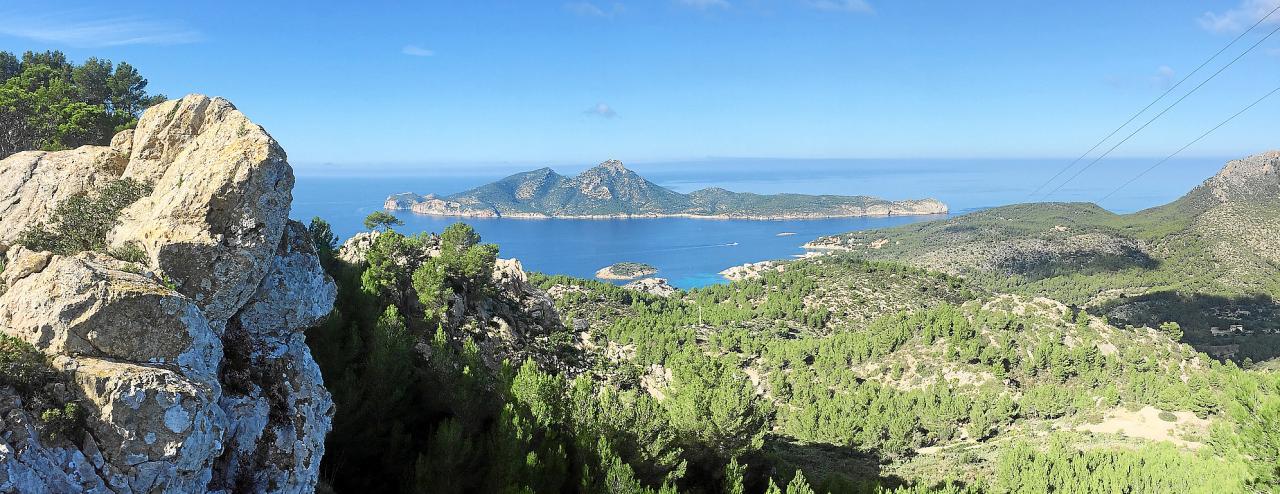The essential Tramuntana
The Unesco declaration has contributed to promotion of the Tramuntana
When some old friends came to stay in the Tramuntana a few years ago, we arranged to meet at their rented place. Not certain of its exact location, I borrowed a parking space at a nearby finca hotel, phoned and waited for a rendezvous on the hotel terrace.


No comments
To be able to write a comment, you have to be registered and logged in
Currently there are no comments.